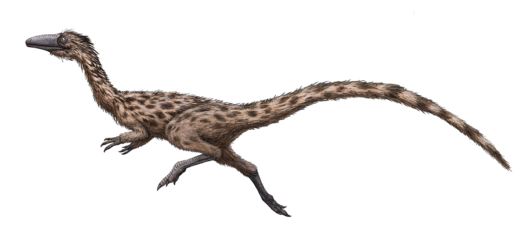Heart Facts – 28 Interesting Facts About Heart
Heart facts: Interesting facts about heart. The heart has been quoted in poems and writings as something related to emotions. However this is not true but still it is the most important organ of the body after the brain and for a long life expectancy it must be kept in fit and prime state.
Heart Facts
The heart is the strongest muscle in the body which contracts and relaxes and pumps blood from birth to death. The only other muscle which can reach anywhere near the efficiency and performance of the cardiac muscles is the uterine muscles which contracts at child birth. However it is active for a small period of time.
Heart diseases are the number one killer of Americans.
Depressions and stress augments the risk of having a heart attack.
Depression puts you at higher risk for having a heart attack. Depression is particularly bad in females and it makes the risk of having a heart attack twice as compared to males.
The heart rarely gets a respite and works 24 -7-365 days as long as one lives. It gets a little rest when a person is sleeping but never stops.
The heart of an average person beats 100000 times a day. Roughly calculated it means once every second or 60 to 100 times in a minute. However it could also beat at 86000 a day or up to 144000 times per day.
The heart rate depends upon a number of factor including age and fitness levels. As a child grows older the rate falls. A new born baby’s heart beats from 70 to 100 beats per minute while that of an athlete can be 40 to 60 bpm mainly because the fitness makes the heart beat more efficiently and pump more blood in every beat.
The heart is made up of three layers of cells –the outer protective cover, pericardium, a thick muscular layer of specialized cells which makes much of the thick muscular wall and endocardium which is the thin inner layer of the heart.
The heart is just like a pump which pumps five quarts of blood through an intricate and complex net of blood vessels which can extend up to 60000 miles.
The heart of a human like most mammals have four chambers which keeps the oxygenated and the deoxygenated or impure completely separate. The heart has a complex system of valves which ensures that blood does not flow in the reverse direction or gets mixed with impure blood.








